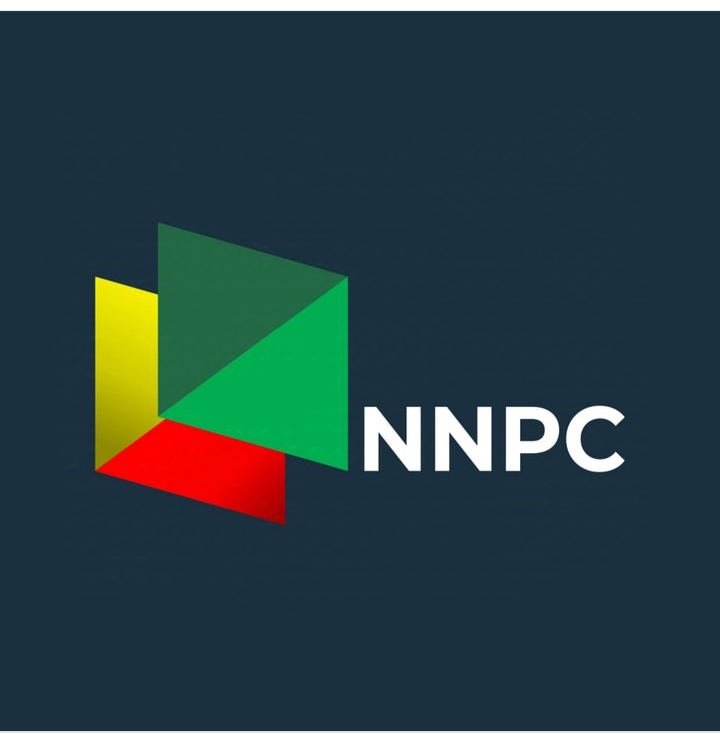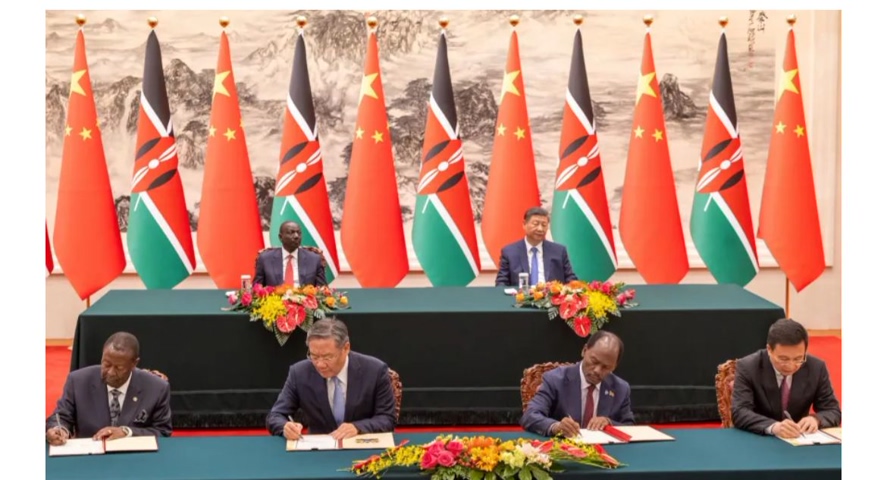NNPC’s Cloud Gamble: Will SAP Ariba Revolutionise Or Complicate Procurement?

By Onoja Baba, Nigeria
The Nigerian National Petroleum Company Limited (NNPC) has announced a major shift in its procurement processes, set to take effect on January 1, 2025.
In a statement released Thursday, the government-owned oil giant unveiled plans to transition its procurement system to a cloud-based platform, SAP Ariba Network, as part of its digital transformation strategy.
The move, tagged as a leap towards enhancing “business capabilities” and fostering “process transparency,” promises to link vendors with contracting opportunities on a secure marketplace.
However, critics and industry stakeholders have raised concerns about the practicality of the transition, its potential pitfalls, and the readiness of the nation’s suppliers to adapt to the new system.
NNPC emphasised that the SAP Ariba platform will streamline the entire procurement cycle, from issuing Requests for Quotations (RFQs) and evaluating bids to contract negotiations and invoice processing.
The company touted several advantages, including minimizing human interference to improve transparency, reducing petroleum sector contracting costs and timelines in line with a 2024 presidential directive, and enhancing vendor experience while fostering collaboration.
Vendors have been invited to a Suppliers Summit on December 3, 2024, to understand the platform’s functionality, workflows, and best practices.
Despite the optimism projected by NNPC, skeptics within the business and petroleum sectors question whether the transition will deliver on its promises. Many local vendors may lack the technical infrastructure or expertise to navigate the platform.
Registering and operating on SAP Ariba often incurs additional costs for suppliers, potentially burdening smaller players in the sector. Transitioning to a new procurement system is rarely seamless, with risks of downtime, data migration issues, and training gaps looming large.
NNPC has urged suppliers to register and create profiles on the new platform ahead of the January 2025 rollout. Vendors are advised to participate in the December summit to familiarize themselves with the system.
categories
recent posts

NIGERIA: ‘Coming Political Battle Not APC Versus PDP, Or LP Versus APC’ – Atiku

Praises And Panic: APC Sees PDP Chairman’s Endorsement Of Gov Mutfwang As Cry For Relevance

NIGERIA: Akpabio Leads Nigerian Delegation To Vatican For Pope Francis’ Funeral

Kenya Secures Major Economic And Infrastructure Deals During Ruto’s State Visit To China

